Maximizing the Lifespan of Your Shingle Roof in Florida’s Harsh Climate
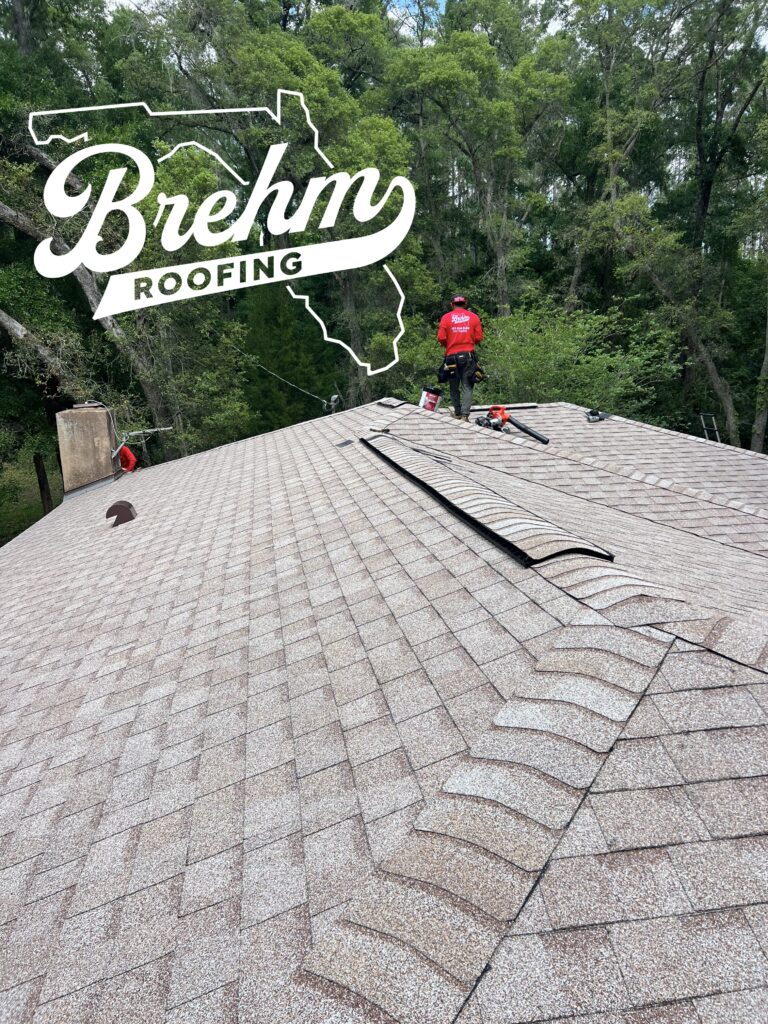
In the world of roofing, understanding the lifespan of your shingle roof is crucial for maintaining the integrity and safety of your home. As a professional roofing contractor, I’ve seen firsthand how the hot and humid climate of Florida can significantly impact the durability of asphalt shingles. In this comprehensive guide, we’ll delve into the lifespan of different types of asphalt shingles, explore the vital role of proper attic ventilation, and discuss how insurance companies influence the decision to replace your roof.
Understanding the Lifespan of Asphalt Shingle Roofs
Asphalt shingles are among the most popular roofing materials due to their affordability and versatility. However, their lifespan can vary greatly depending on the type and quality of the shingle, as well as the climate they are exposed to.
1. The Lifespan of 3-Tab Shingles
3-tab shingles are the most basic and cost-effective option in the asphalt shingle category. Typically, these shingles offer a lifespan of 15 to 20 years under normal weather conditions. However, in Florida’s extreme heat and humidity, the lifespan of 3-tab shingles can be significantly reduced, often ranging between 10 and 15 years. The thinner and less durable structure of 3-tab shingles makes them more susceptible to wind uplift and rapid degradation under UV rays.
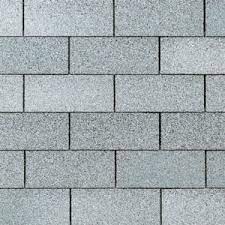
2. Architectural Shingles: A Step Up in Durability
Architectural shingles, also known as laminated or dimensional shingles, are designed for enhanced aesthetic appeal and greater durability. These shingles are constructed with multiple layers of material, making them thicker and more resistant to weathering. In Florida, homeowners can expect architectural shingles to last approximately 15 to 25 years. The added thickness provides better resistance to wind and UV damage, which is crucial in maintaining their integrity over time.
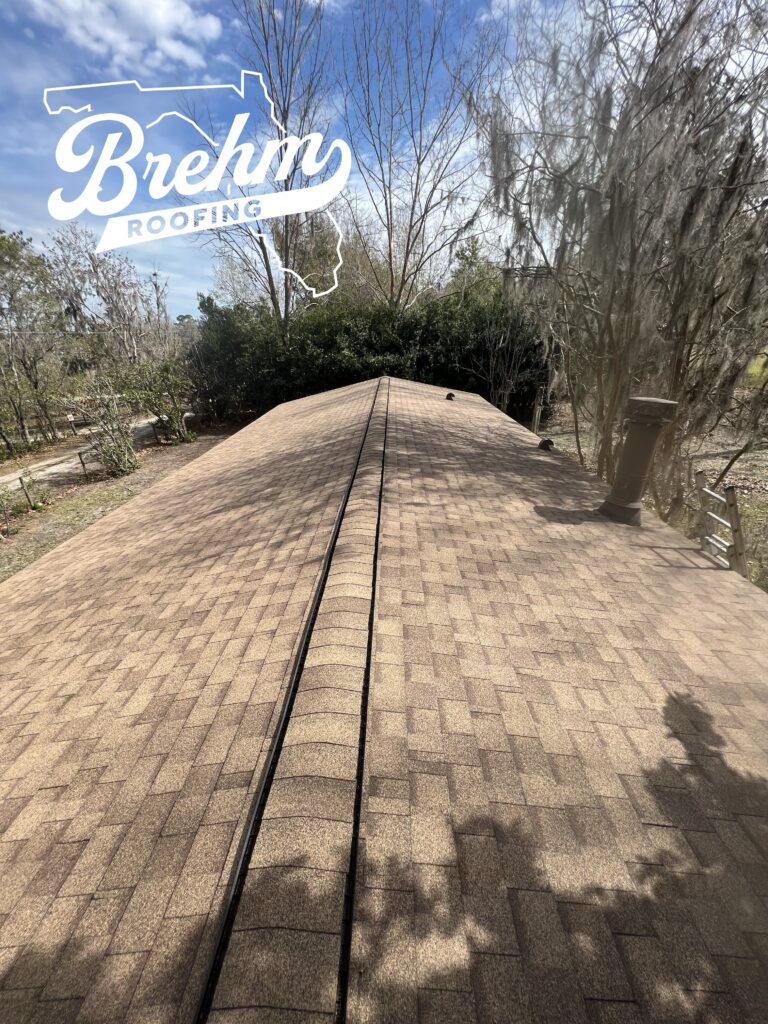
3. Dimensional Shingles: The Premium Choice
Dimensional shingles are the high-end variant of asphalt shingles, known for their unique appearance and superior performance. These shingles can mimic the look of natural materials like wood or slate and offer a lifespan of 20 to 30 years in less harsh climates. In Florida, however, the intense sun and moisture can reduce their lifespan to around 15 to 20 years. Despite this, dimensional shingles remain a popular choice for their aesthetic value and robustness.
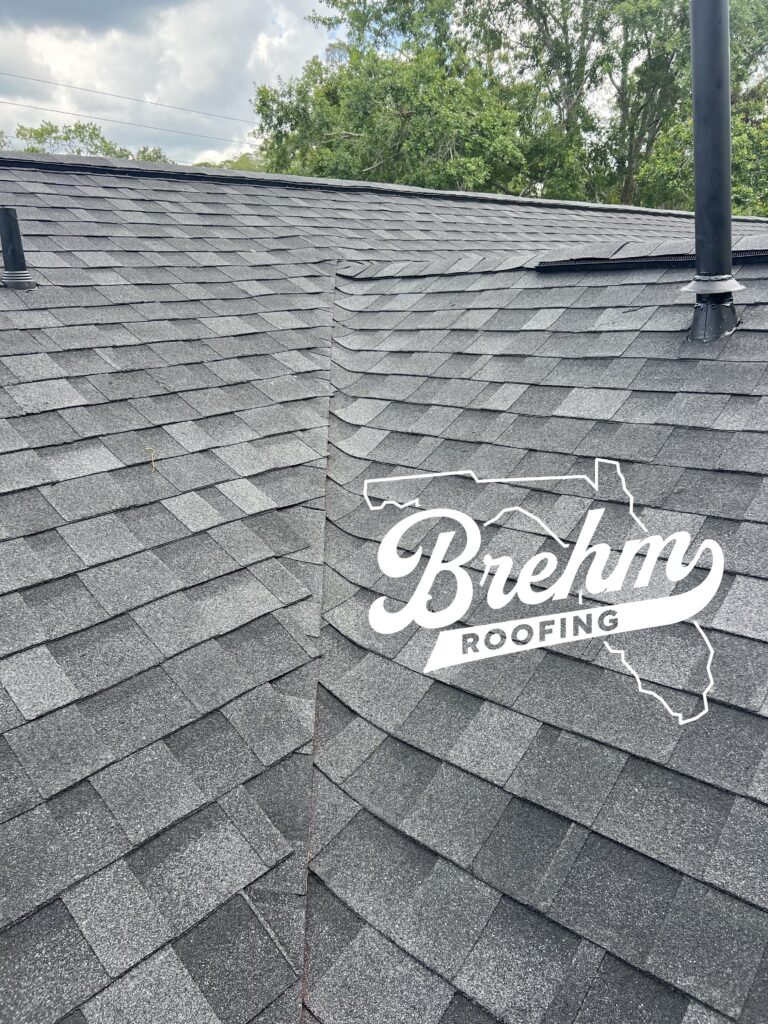
The Impact of Warranties on Shingle Lifespan
Each type of asphalt shingle comes with its own warranty, reflecting the manufacturer’s confidence in the product’s durability. It’s important for homeowners to understand that these warranties cover manufacturing defects and not normal wear and tear or damage caused by environmental factors. In Florida, where shingles are under constant stress from the climate, it’s crucial to choose shingles with a warranty that aligns with your expectations for roof longevity.
Why Proper Attic Ventilation Is Key in Florida
Proper attic ventilation plays a critical role in extending the lifespan of your shingle roof in Florida. Without adequate ventilation, heat and moisture can build up in the attic, leading to a host of problems:
- Heat Build-Up: An overheated attic can cause the shingles to bake from underneath, accelerating their degradation and leading to premature failure.
- Moisture Accumulation: Excessive moisture can lead to mold growth, wood rot, and deterioration of roofing materials.
- Energy Efficiency: A well-ventilated attic helps regulate the temperature, reducing the strain on your air conditioning and lowering energy costs.
Ensuring your attic is properly ventilated with a balanced system of intake and exhaust vents can significantly improve the health of your roof and prevent early deterioration.
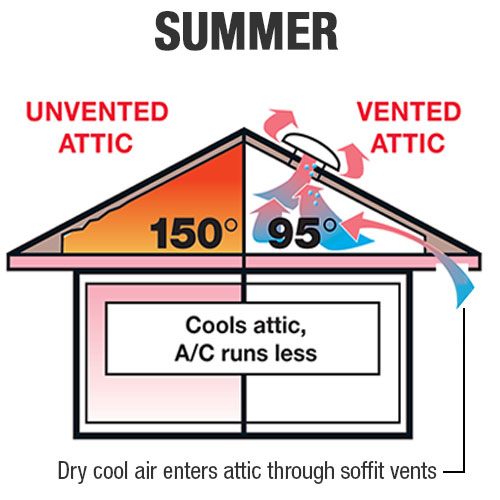
The Role of Insurance Companies in Roof Replacement
In Florida, insurance companies have a significant influence on when a roof should be replaced. Most insurers are hesitant to cover older roofs due to the increased risk of damage and leaks. As a result, many homeowners are advised to replace their roofs around the 15-year mark, especially if they have standard asphalt shingles.
Insurance companies assess the condition of the roof and often mandate replacement to minimize their risk. This can be frustrating for homeowners, but it also serves as a reminder of the importance of regular roof maintenance and timely replacements to ensure continuous coverage.
Conclusion
The lifespan of an asphalt shingle roof in Florida is influenced by the type of shingle, the quality of installation, proper attic ventilation, and the policies of insurance companies. By choosing the right type of shingle and ensuring proper maintenance and ventilation, homeowners can maximize the lifespan of their roofs despite the challenging climate. As your professional roofing contractor, I’m here to guide you through selecting the best roofing materials and practices to protect your home for years to come.
